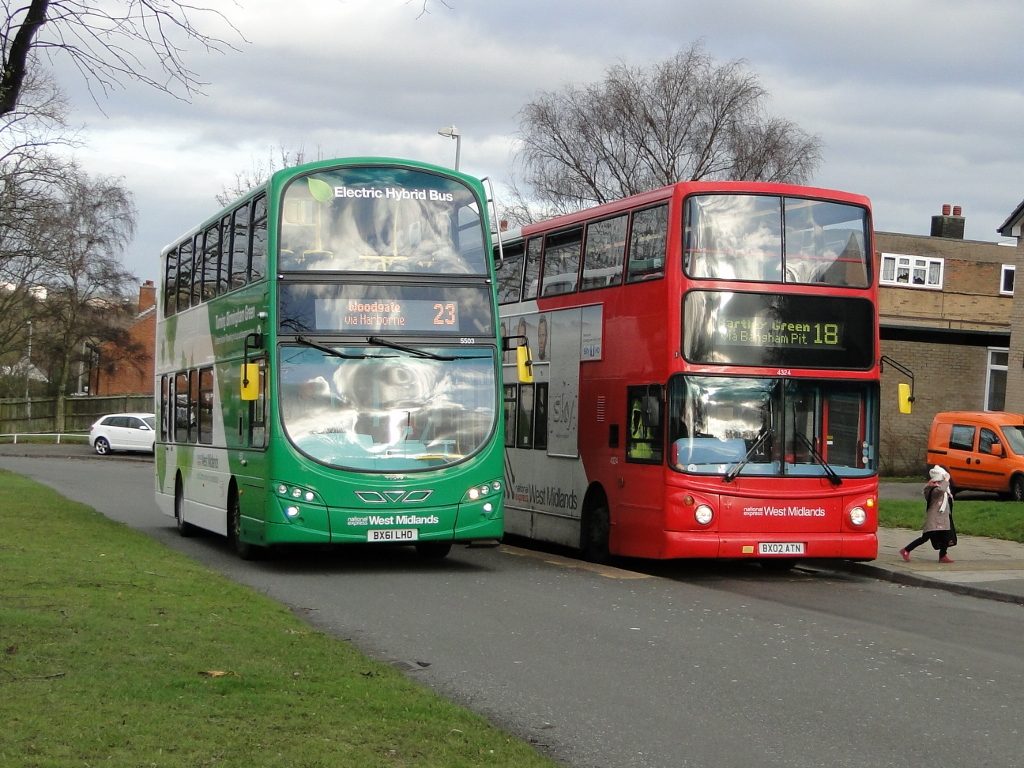Call for improved transport infrastructure post-Brexit.
Birmingham City Council leader Cllr John Clancy has urged new Transport Secretary Chris Grayling to put improved transport links between the UK’s major cities at the top of his ‘to-do’ list.
In his capacity as Core Cities Cabinet Member for Transport, Cllr Clancy has welcomed Mr Grayling’s support for the high-speed HS2 rail project. He has also highlighted the importance of the Bus Services Bill currently being debated by MPs and Peers.
Cllr Clancy joined the new Secretary of State at last week’s Midlands Connect meeting in Derby and has now written to Patrick McLoughlin’s replacement in the Transport portfolio, urging him to put cities at the heart of post-Brexit planning.
He said: “Core Cities and their wider urban areas already make a fantastic contribution to UK Plc. They are responsible for 25 per cent of the UK economy and are home to 19 million people. Our ten cities are modern, dynamic and culturally diverse places that we believe hold the key to solving the UK’s most intractable economic and social problems.
“But we still need to do more to unlock the full potential of our cities and their surrounding areas, particularly as we enter an uncertain post-Brexit economic environment. Given the right tools for the job – including better transport infrastructure – we can narrow the productivity gap between ourselves and the UK average, putting an extra £66bn into the economy each year.”
He added: “We cannot pull back commitments already in the pipeline like Northern Powerhouse, Midlands Engine and Great Western Cities. In fact, our view is that we must go much further to create an effective and highly visible package that delivers on these expectations.
“We therefore also offer to work with you and your government colleagues to produce a package of economic stimulus based on physical and social infrastructure that can help our cities start delivering for a post-Brexit economy and avoid recession.”
Cllr Clancy has stressed the importance of the Bus Services Bill as a way to promote economic growth and tackle air pollution.
The Bus Services Bill aims to grow bus passenger numbers and improve bus services for passengers. As well as improving partnerships with bus companies, it gives city regions with mayors the option of adopting a bus franchising system similar to that in London – giving more control over fares and routes and making it easier to introduce integrated ticketing such as the Oyster Card.
Cllr Clancy concluded: “Transport links and the Buses Bill are key to making local economies across the UK more economically inclusive and prosperous. High quality public transport is fundamental to ensuring more inclusive growth. Poor air quality is responsible for around the same number of deaths across core cities as it is in London and must be tackled if our cities are to thrive.”
